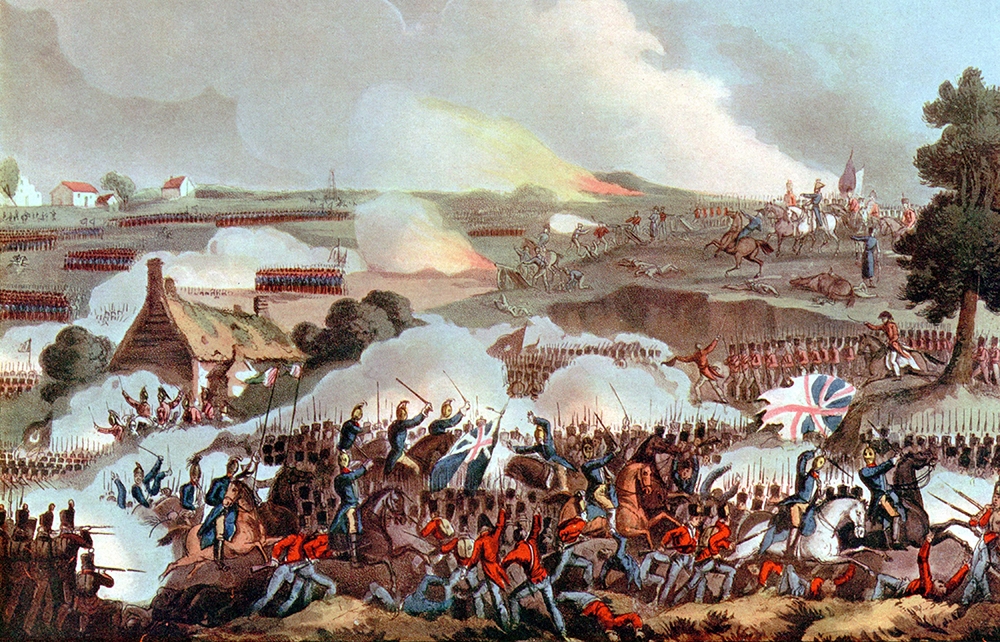William Boyd taps into the classical novel tradition with this sweeping tale of one man’s century-spanning life, even to the extent of providing the accustomed framing device: the chance discovery of a cache of papers and mementoes. The items listed by ‘WB’ in his ‘Author’s Note’ – a musket ball, a fragment of a Greek amphora, a crinkly lock of hair – all find their place in the tale of this 19th-century adventurer, lover, traveller and author.
Cashel Greville Ross (his name turns out to be as mutable as his identity and nationality) is born in Ireland in irregular circumstances – so irregular that a swift flight to England as a boy is effected, the first of his many transitions. The temptation is great for authors who place fictional characters in historical settings to have them meet famous people along the way, but at least Boyd is knowing about it. Our hero runs away to war and finds himself trudging with his regiment near Brussels to intercept Napoleon. For the rest of his life, Cashel wearily acknowledges that being a Waterloo veteran is something of a cliché. (He always thought it should have been called the battle of Nivelles, anyway.)
Cashel runs away to war and finds himself trudging with his regiment near Brussels to intercept Napoleon
By the time he washes up in the company of the slightly older Byron and Shelley in Pisa in spring 1822, Cashel has already served in India with the East India Company. Falling for the charms of Claire Clairmont doesn’t prevent him from taking a censorious view of the amorous goings on in the Shelley household. Time is running out for the Romantic poets (Shelley has only a few months to live), but their impact will be lasting. Advertisements for Cashel’s subsequent travel memoir lean heavily on the Byron connection.







Comments
Join the debate for just £1 a month
Be part of the conversation with other Spectator readers by getting your first three months for £3.
UNLOCK ACCESS Just £1 a monthAlready a subscriber? Log in